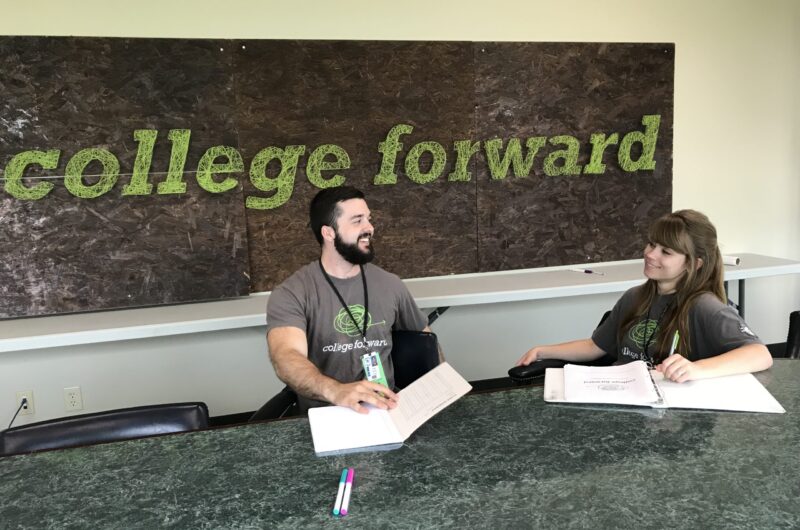New student orientation is more than a cursory introduction to a college or university. These are one to two-day sessions to give first-year students and transfer students an overview of what to expect as a new college student. Often, family members are invited to attend orientation along with their students.
Download the New Student Orientation Checklist here
What can you expect at orientation?
- Take tours of the campus and residence halls.
- Attend panel discussions on academic and student life.
- Participate in small group sessions on topics such as financial aid and study abroad programs.
- Attend an information fair with representatives from various campus organizations.
- Take placement tests, such as the TSI, for math, English, and foreign languages.
- Register for classes with help from a peer counselor or staff advisor.
- Meet new classmates-to-be and possibly even find a roommate.
- Scout out textbook options, residence life extras, and nearby coffee houses, bakeries, and restaurants.
- Many colleges offer virtual orientations due to COVID-19, but you can still expect most of the same offerings you would receive when attending in-person.
What can your family expect at orientation?
- Tips and advice on how to support their student while in college
- Information about financial aid, payment plans, and college costs
- Opportunities to ask questions of college faculty and staff
- Opportunities to meet other parents/families
- Information about the various school resources available to students
When does new student orientation take place?
Some colleges hold multiple orientation sessions during the summer months. Others use it to launch a move-in weekend or a welcome week. If you attend orientation earlier in the summer, you may have a better shot at enrolling in the classes you need before they are full.
Check your college’s website frequently so you know when orientation registration opens. Often the first orientation sessions offered will fill up quickly, so register as soon as possible. You should also expect to have to pay a fee to register for orientation. This fee is usually added to the balance on your account, and you can use any financial aid you received to pay it.
During new student orientation
Attend all of the events: There’s a set schedule of a variety of sessions and events. Attend everything on your schedule to be as prepared as possible.
Keep an open mind: Explore information about all the organizations and services such as Greek life, study abroad, intramural sports, and other campus resources during the information fair.
Collect flyers and take notes: You are going to receive a lot of information, and you may not retain everything you learn. Collecting brochures and taking notes will allow you to review everything you learned when you return home.
Ask questions: Find answers to all those other questions about college life. Everyone there is a new student as well, so there is no reason to feel embarrassed to ask questions.
Have fun: This is the beginning of your college experience, and it’s normal to feel nervous, unsure, and maybe a little out-of-place – most people do. Be sure to take some time to enjoy yourself as well.
Six tips for a successful new student orientation
1. Remember that no one knows anyone else.
If you’re feeling shy, unsure how to approach people, or completely overwhelmed with the sheer volume of students on campus, keep in mind that everyone is new. Meeting people while in college is easier than you might think.
2. Make sure to do your logistics-based tasks when assigned.
Getting your student ID card, creating a school email and username, and registering for classes are the building blocks for the rest of your college experience. Get them settled as soon as possible.
3. Don’t miss your placement exams.
Orientation is a great time to complete your placement exams. Finding the time to make up a placement exam after orientation can be a challenge. Check to see how placement exams will work this year, and be sure to study! Placing out of a class can save you money and time.
4. Attend as many things as possible.
This may seem overwhelming, but attend or read everything you can about orientation. The more you can learn beforehand, the better! Colleges have lots of cool programs and resources available to students, and orientation is designed to help you learn more about them.
5. Ask for help when — not if — you need it.
From staff, students, and faculty, everyone on campus knows that orientation is a time to learn new things. If you’re not sure about something, ask someone.
6. Make Professional Connections
If a professor, student presenter, or campus staff shares their email during a presentation, send a quick thank you email afterward. If a presenter seems like someone, you would like to learn more from (maybe they study something that interests you), mention that!


